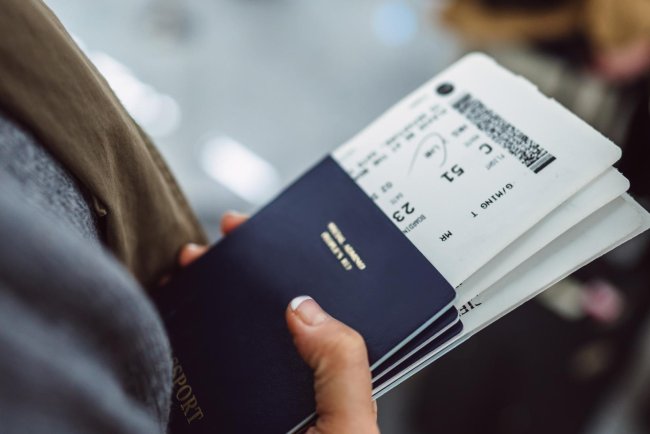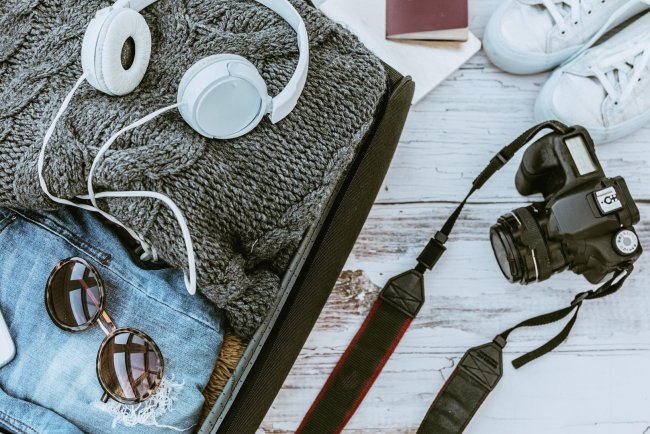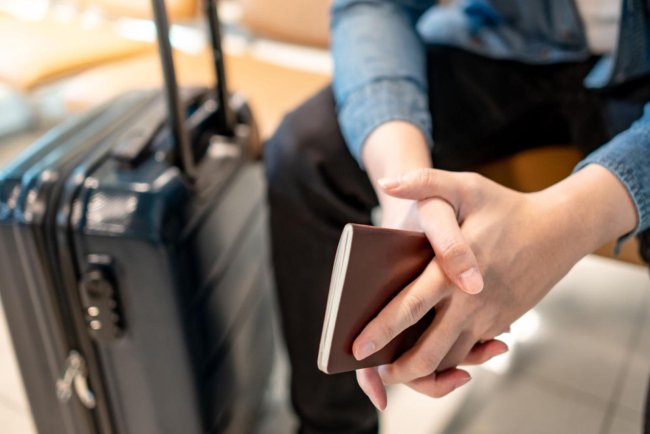1. What should I do before traveling to ensure I have proper health coverage?
Before traveling, thoroughly review your travel insurance policy to understand what medical coverage is included. Verify that it covers emergency medical expenses, hospitalization, and evacuation if necessary. Carry a copy of your policy and the emergency assistance number with you.
2. How can I find a reputable healthcare provider in a foreign country?
To find a reputable healthcare provider abroad, contact your hotel for recommendations, use online directories such as IAMAT, or consult your country’s embassy or consulate. They can offer guidance on trusted local medical facilities.
3. What should I do if I don’t speak the local language and need medical care?
If you don’t speak the local language, use translation apps to communicate your symptoms and medical history. Many hospitals and clinics in tourist areas offer translation services. Consider bringing a bilingual friend or contacting your hotel for assistance.
4. How can I ensure my travel insurance will cover medical expenses abroad?
Confirm that your travel insurance policy includes coverage for medical emergencies abroad. Check for any exclusions or limitations related to pre-existing conditions or high-risk activities. Keep your insurance documents and emergency assistance number accessible during your trip.
5. What steps should I take if I need to file an insurance claim for medical expenses?
To file an insurance claim, obtain and keep all receipts and invoices related to your medical care. Request medical records from the healthcare provider if necessary. Submit these documents along with a completed claim form to your insurance company, and follow up as needed.
6. What information should I bring with me to a foreign healthcare provider?
Bring a written summary of your medical history, including details of any chronic conditions, current medications, and allergies. This will help the healthcare provider understand your health needs and provide appropriate care.
7. How can I manage medical expenses if I don’t have travel insurance?
If you don’t have travel insurance, you’ll need to pay for medical services out of pocket. Keep detailed records and receipts of all medical expenses. Some credit cards offer emergency medical coverage, so check with your card issuer for possible benefits.
8. What should I do if I need follow-up care after returning home?
After returning home, schedule a follow-up appointment with your primary care physician to review your treatment and ensure full recovery. Share any medical records and details from your treatment abroad with your doctor.
9. How do I get emergency medical assistance while traveling abroad?
To get emergency medical assistance, contact your travel insurance’s emergency assistance number. They can help you find local medical facilities, arrange for transportation, and coordinate with healthcare providers.
10. What are the common types of travel health insurance coverage?
Travel health insurance typically includes coverage for emergency medical expenses, hospitalization, evacuation, and repatriation. Some policies also cover trip cancellations and lost baggage. Review the specifics of your policy to understand what is covered.
11. How can I avoid overpaying for medical services abroad?
To avoid overpaying, request and keep all receipts and invoices for medical services. Compare costs with local standards if possible. If you have travel insurance, ensure that it covers direct payments to healthcare providers to avoid upfront costs.
12. What should I do if I encounter problems with local healthcare facilities?
If you encounter problems with local healthcare facilities, seek assistance from your travel insurance provider, hotel, or embassy. They can help you navigate any issues and find alternative medical care if necessary.
13. Can I receive medical care abroad if I have a pre-existing condition?
Coverage for pre-existing conditions varies by insurance policy. Check your travel insurance policy to see if pre-existing conditions are covered. Some policies offer coverage with additional premiums or exclusions, so review the details before traveling.
14. How do I handle prescription medications while traveling?
Carry a sufficient supply of your prescription medications in their original packaging. Bring a copy of your prescription and a letter from your doctor detailing your condition and medication. Check if your medications are available in the destination country in case of emergencies.
15. What should I do if I experience a serious medical emergency abroad?
In a serious medical emergency, contact local emergency services and your travel insurance provider immediately. They can assist with arranging urgent care and evacuations if necessary. Keep your insurance and emergency contact information readily accessible.
16. Are there specific health precautions I should take based on my destination?
Yes, health precautions vary by destination. Research health advisories and vaccination requirements for your destination. Take necessary precautions such as avoiding certain foods or water, and follow local health recommendations to reduce the risk of illness.
17. How can I access medical care in remote or less developed areas?
In remote or less developed areas, access to medical care may be limited. Carry a comprehensive first aid kit and basic medications. Contact your travel insurance provider for guidance on local medical facilities and emergency services.
18. What should I know about the quality of healthcare in different countries?
Healthcare quality varies by country and region. Research the healthcare system in your destination before traveling. Look for reviews of local medical facilities and consult resources such as travel health websites for information on healthcare standards.
19. Can I get medical assistance at my hotel?
Many hotels, especially in tourist areas, have partnerships with local clinics or hospitals and can assist with medical needs. They may provide recommendations, arrange transportation, or help with communication with healthcare providers.
20. What are the best practices for handling health emergencies abroad?
Best practices include having comprehensive travel insurance, keeping emergency contact information handy, understanding local healthcare options, and maintaining a written medical history. Stay calm, seek assistance promptly, and follow up on your health once you return home.




















